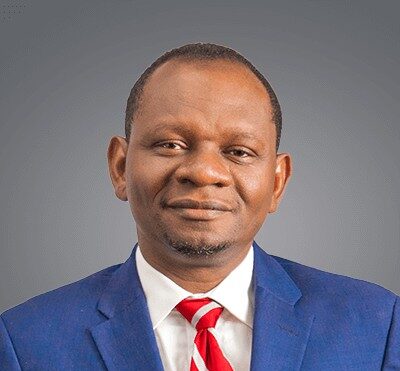
The National Primary Health Care Development Agency (NPHCDA) has called for urgent and increased investment in Nigeria’s immunisation programme, warning that the country will need at least $1 billion over the next five years to maintain its vaccination momentum.
Executive director of the NPHCDA, Dr. Muyi Aina made the appeal on Wednesday in Abuja at the Multistakeholder Technical Workshop on Optimising a Sustainable Immunisation Financing Model in Nigeria 2.0.
Nigeria’s immunisation programme currently operates on a collaborative financing model that involves the federal, state, and local governments. The Federal Government leads the effort, particularly in routine immunisation funding and vaccine procurement through the NPHCDA. However, the programme relies significantly on external donor support, especially from Gavi, the Vaccine Alliance, which has contributed greatly to expanding coverage and reducing preventable diseases across the country.
This reliance, however, introduces vulnerabilities. Shifts in donor priorities or global health emergencies could threaten Nigeria’s progress, underscoring the urgent need to strengthen domestic resource mobilisation and build a resilient, self-reliant immunisation financing system.
Speaking at the event, Aina said that while substantial strides have been made, funding remains the programme’s biggest constraint.
“Only 21 per cent of the 2024 allocated vaccine funds have been released so far. We need one billion dollars in the next five years to continue providing vaccines to our population. With such limited disbursement, we risk reversing our hard-won gains,” he warned.
Despite the funding gap, Aina noted some major achievements in 2024, including the vaccination of 14 million girls against cervical cancer, reaching three million zero-dose children, administering 91 million vaccine doses nationwide and the operationalisation of over 10,000 cold chain units across the country.
He emphasised that immunisation is not solely the responsibility of the Federal Government, but a national duty requiring collective action from all tiers of government, the private sector and the public.
“Immunisation is a national obligation for our children, our families and the future of our health system. Every stakeholder must be involved,” he stated.
The workshop brought together a wide range of stakeholders from across the health sector, including development partners, policymakers, civil society actors and private sector representatives, to discuss sustainable strategies for immunisation financing as Nigeria transitions away from Gavi support.
Participants agreed that a sustainable financing model must be built on a multi-sectoral approach, combining public investment, private sector participation, community involvement, and legal safeguards. Discussions also explored alternative revenue options, such as targeted taxes and other innovative financing mechanisms, to bridge future funding gaps.
Aina said that the government is making efforts to ensure that available resources are allocated more efficiently, with a renewed focus on primary healthcare and preventive services.
Stakeholders at the event reiterated that sustainability must be central to Nigeria’s immunisation planning. Without adequate and timely funding, they cautioned, even the most effective vaccines would not reach those who need them most.
They also highlighted the importance of accountability frameworks and strong collaboration between the federal, state, and local governments in delivering routine immunisation services.
As Nigeria prepares for its transition away from donor funding, building a sustainable immunisation financing strategy will be critical to preserving public health gains and ensuring that every child has access to life-saving vaccines.

